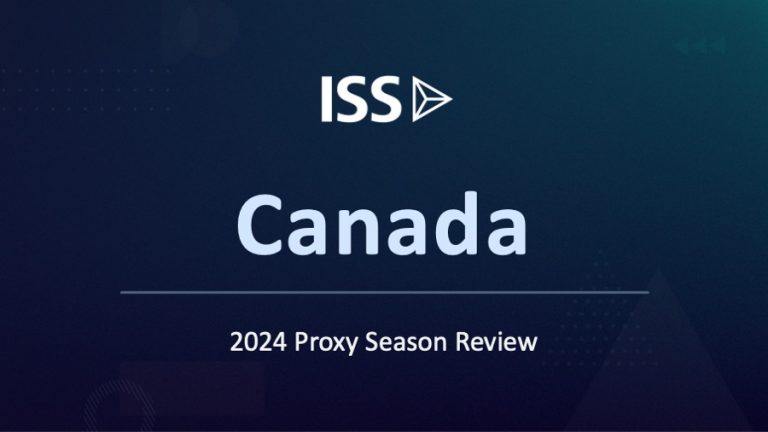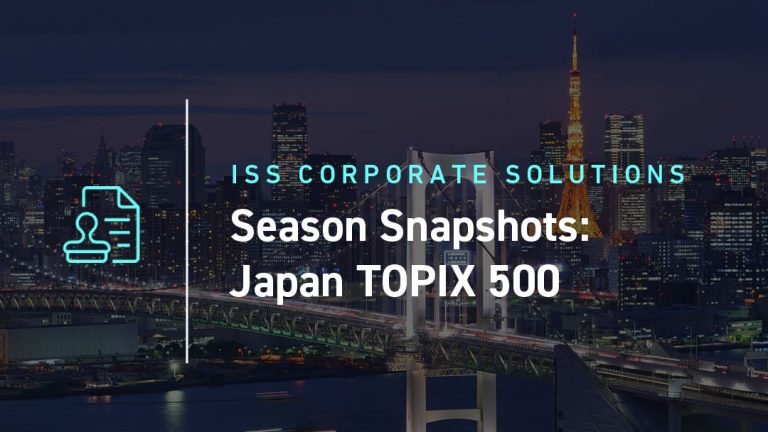Given the continued uncertainty the COVID 19 pandemic has inflicted on the earnings outlook for almost every corporate issuer in 2020, ISS Corporate Solutions (“ICS”) decided to take a “pen to paper” approach to illustrate a series of potential frameworks Compensation Committees could consider for adjusting annual incentive goals or metrics in 2020 in an effort to establish a more realistic structure for properly incentivizing executives during this period of unprecedented volatility. These case studies are intended to illustrate potential changes companies could consider and do not reflect a specific recommendation on behalf of ICS, nor should they be considered as any indicator as to how the ISS Global Research Department will evaluate compensation design decisions when preparing voting recommendations for investors.
Our Case Study #1 focuses on a midcap retail company with $2 billion in annual revenue that utilizes EBITDA as the sole metric under their short-term incentive (STI) program for the CEO’s annual incentive award. After watching the pandemic shutter all of the company’s retail locations as social distancing protocols went into effect in Q1 and Q2, the Compensation Committee realizes the original EBITDA goals established and ratified in February are no longer attainable, even if forecasts signal a strong rebound in consumer spending in Q4. In order to keep the CEO properly motivated to achieve meaningful performance goals for the remainder of the year, the Committee decides to recast the annual incentive goals to reflect a more reasonable operating landscape for the balance of 2020, and applies a commensurate reduction to the CEO’s STI award in order to maintain an appropriate link between pay and performance for shareholders.
Download a copy of this and other case studies.
By Brian Johnson, Associate Director I ISS Corporate Solutions




